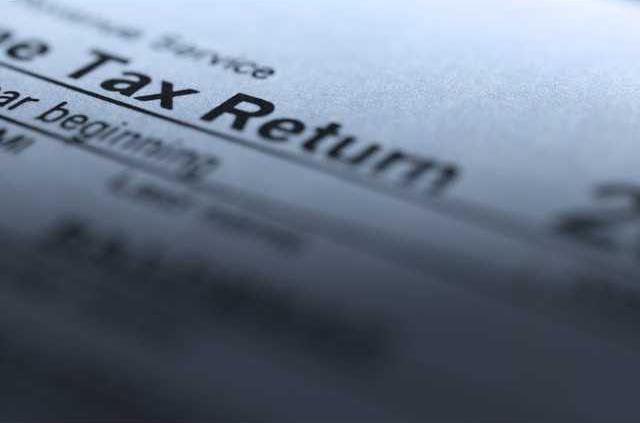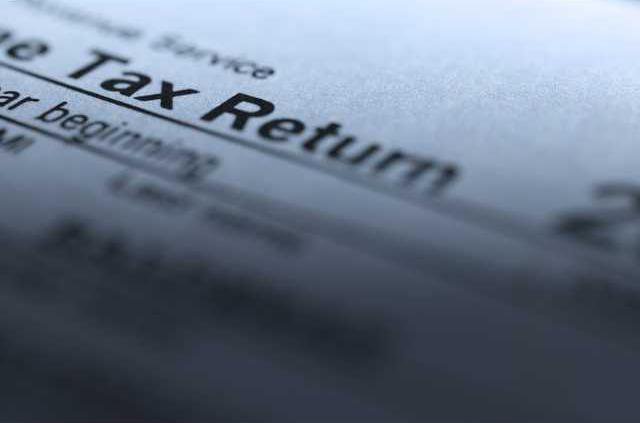With tax day swiftly approaching, a number of studies by the personal finance research website Wallethub have examined what makes a state great for taxpayers.
One important element, according to Wallethub's research, is access to help while filing taxes.
"Haste and disorganization are most likely the two primary reasons why roughly 2.3 million people made math errors on their tax returns in 2013," Wallethub's John S Kiernan wrote. Which is likely why "nearly 6 in 10 taxpayers hire a professional to do their returns."
The metrics that helped Wallethub determine which state offers the best help were the number of accounts at tax help organizations per 1,000 people, the number of accounting job openings, which state offers the most affordable tax help, the number of returns filed per accountant and the highest number of filers paying for tax help.
So which state came out on top? That would be North Dakota.
How about property taxes? According to Wallethub, most Americans spend just over $2,000 on property taxes every year. So which state makes the burden lightest?
To find out, Wallethub looked at two key factors: The average amount for real estate tax and the average vehicle property tax.
According to those numbers, Hawaii comes out on top on both accounts.
A third study by Wallethub, and possibly the most succinct in assessing state taxes, simply looks at the tax burden for different income brackets, and how they differ from state to state.
To rank this, Wallethub looked at numerous factors, such as sales tax, property tax, and median income. Ultimately, whether you are rich, poor or middle class, Alaska is the state with the least tax burden.
One important element, according to Wallethub's research, is access to help while filing taxes.
"Haste and disorganization are most likely the two primary reasons why roughly 2.3 million people made math errors on their tax returns in 2013," Wallethub's John S Kiernan wrote. Which is likely why "nearly 6 in 10 taxpayers hire a professional to do their returns."
The metrics that helped Wallethub determine which state offers the best help were the number of accounts at tax help organizations per 1,000 people, the number of accounting job openings, which state offers the most affordable tax help, the number of returns filed per accountant and the highest number of filers paying for tax help.
So which state came out on top? That would be North Dakota.
How about property taxes? According to Wallethub, most Americans spend just over $2,000 on property taxes every year. So which state makes the burden lightest?
To find out, Wallethub looked at two key factors: The average amount for real estate tax and the average vehicle property tax.
According to those numbers, Hawaii comes out on top on both accounts.
A third study by Wallethub, and possibly the most succinct in assessing state taxes, simply looks at the tax burden for different income brackets, and how they differ from state to state.
To rank this, Wallethub looked at numerous factors, such as sales tax, property tax, and median income. Ultimately, whether you are rich, poor or middle class, Alaska is the state with the least tax burden.








